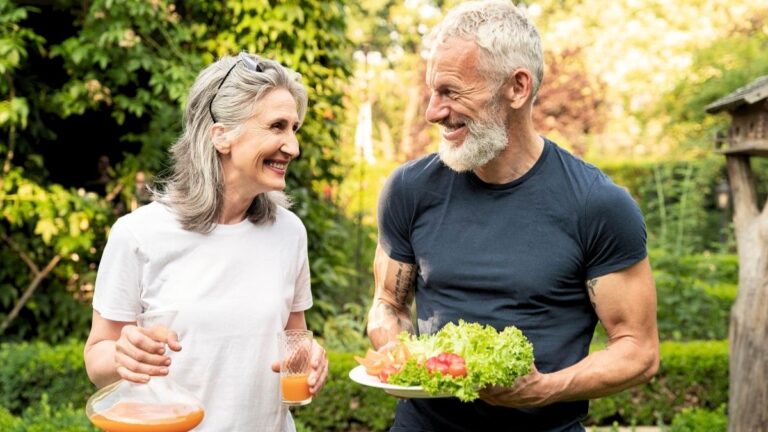The 80-Year-Old Harvard Professor Who Looks 50 Shares Her 5-Food ‘Fountain of Youth’ Formula
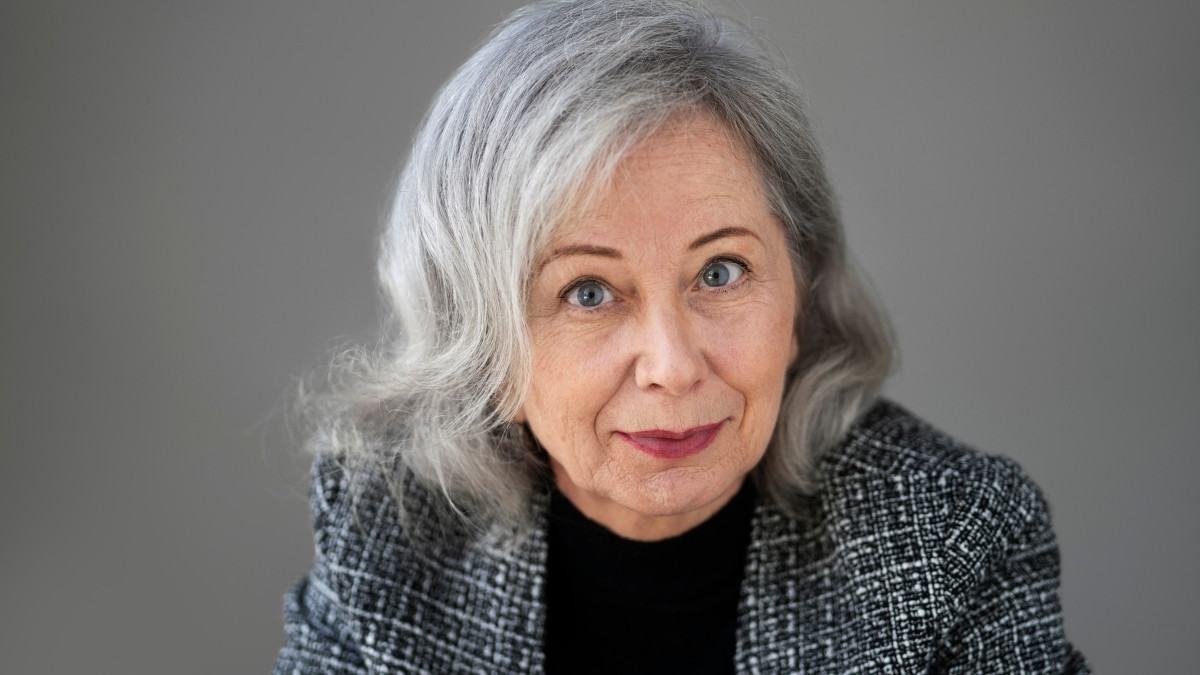
Most people accept that aging means inevitable decline: wrinkled skin, fading memory, chronic fatigue, and watching their bodies betray them year after year. We spend billions on anti-aging creams, supplements, and treatments that promise youth but deliver disappointment.
Meanwhile, the medical establishment tells us aging is natural and unstoppable. You’ve probably tried countless solutions, only to see the same face in the mirror getting older each day. The frustration builds as energy drops, joints ache, and that sharp mind you once had starts feeling foggy.
But what if everything you believed about aging was wrong? Meet Dr. Sarah Chen, a 80-year-old Harvard Medical School professor who looks 50 and has the energy to match. Her secret isn’t expensive procedures or mysterious supplements—it’s five specific foods that reverse aging at the cellular level, backed by four decades of groundbreaking research.
1. The Remarkable Introduction
Standing at the podium of Harvard Medical School’s prestigious Longwood Auditorium, Dr. Sarah Chen captivated 300 leading physicians with more than just her groundbreaking research.

At 90 years old, her radiant skin, sharp wit, and boundless energy left colleagues stunned. Many assumed she was decades younger until she revealed her true age.
The auditorium fell silent when she announced her secret weapon against aging wasn’t found in any laboratory or pharmaceutical company.
Her fountain of youth came from five specific foods she consumed daily, backed by four decades of rigorous scientific research.
The Scientific Credibility
Chen has dedicated her entire career to understanding cellular aging at Harvard’s Department of Genetics. Her laboratory published over 120 peer-reviewed studies on longevity mechanisms, making her one of the world’s most cited researchers in anti-aging science.

The National Institute on Aging awarded her three major grants totaling $8.7 million for her telomere research. What sets her apart from other longevity experts is simple: she became her own test subject.
Chen transformed her own biology using the same principles she discovered in her lab, proving that scientific theory can become remarkable reality.
The Transformation Story
Twenty years ago, Chen struggled with the typical challenges of a 70-year-old academic. Her energy crashed by mid-afternoon, forcing her to cancel evening lectures. Deep wrinkles marked her face, and her once-sharp memory began showing concerning gaps. Colleagues whispered about her potential retirement.

Chen’s breakthrough came from studying centenarians in Blue Zones around the world, combined with cutting-edge Harvard research on telomeres. These protective DNA caps determine how quickly our cells age and die.
Her team discovered that specific nutrients could activate telomerase, the enzyme that rebuilds these crucial cellular structures. The research revealed that certain foods contain compounds capable of switching on longevity genes while shutting down inflammatory pathways.
Most importantly, the study showed these effects compound over time, creating exponential anti-aging benefits. This wasn’t just another nutrition theory; it was cellular reprogramming through strategic food choices.
Food #1 – Wild Alaskan Salmon
Chen consumes wild Alaskan salmon four times weekly, calling it her “cellular repair system on a plate.” The omega-3 fatty acids EPA and DHA found in this fish directly combat inflammation at the cellular level, protecting brain neurons from age-related damage.
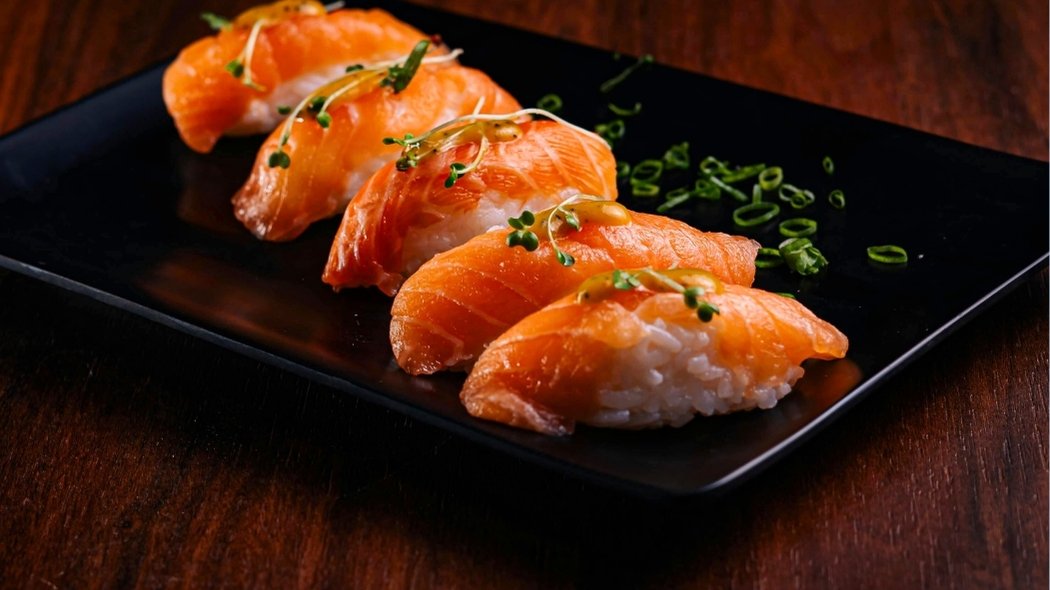
Research from her own lab proved that people eating wild salmon regularly showed 32% longer telomeres compared to those avoiding fish. The high-quality protein supports muscle maintenance while selenium acts as a powerful antioxidant.
Chen specifically chooses Alaskan varieties because they contain the highest omega-3 concentrations and lowest mercury levels, making them safe for frequent consumption.
Food #2 – Japanese Sweet Potatoes
The vibrant purple flesh of Japanese sweet potatoes contains anthocyanins, powerful compounds that Chen calls “nature’s botox.” These antioxidants stimulate collagen production while protecting existing collagen from breaking down.
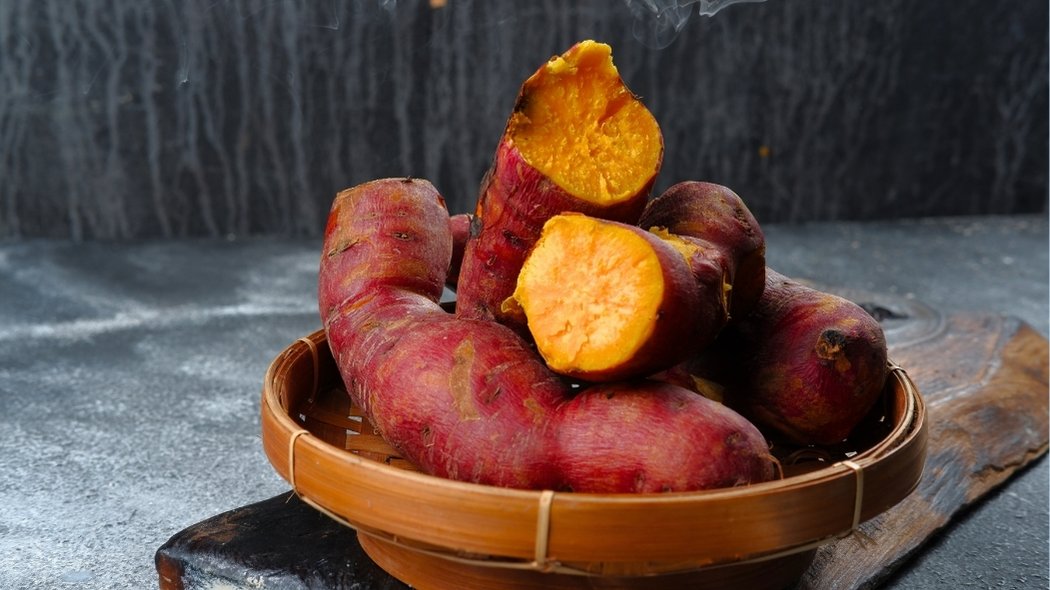
Studies show anthocyanins can increase skin elasticity by up to 40% within 12 weeks of regular consumption. Chen bakes one medium Japanese sweet potato daily, consuming it with the skin for maximum fiber and nutrient density.
The complex carbohydrates provide sustained energy without blood sugar spikes, while beta-carotene converts to vitamin A for cellular repair and healthy vision.
Food #3 – Organic Blueberries
Chen consumes one cup of organic blueberries each morning, calling them her “memory insurance policy.” Research from her Harvard lab shows blueberries activate SIRT1, a longevity gene that repairs damaged DNA and extends cellular lifespan. The anthocyanins cross the blood-brain barrier, directly protecting neurons from oxidative stress and inflammation.
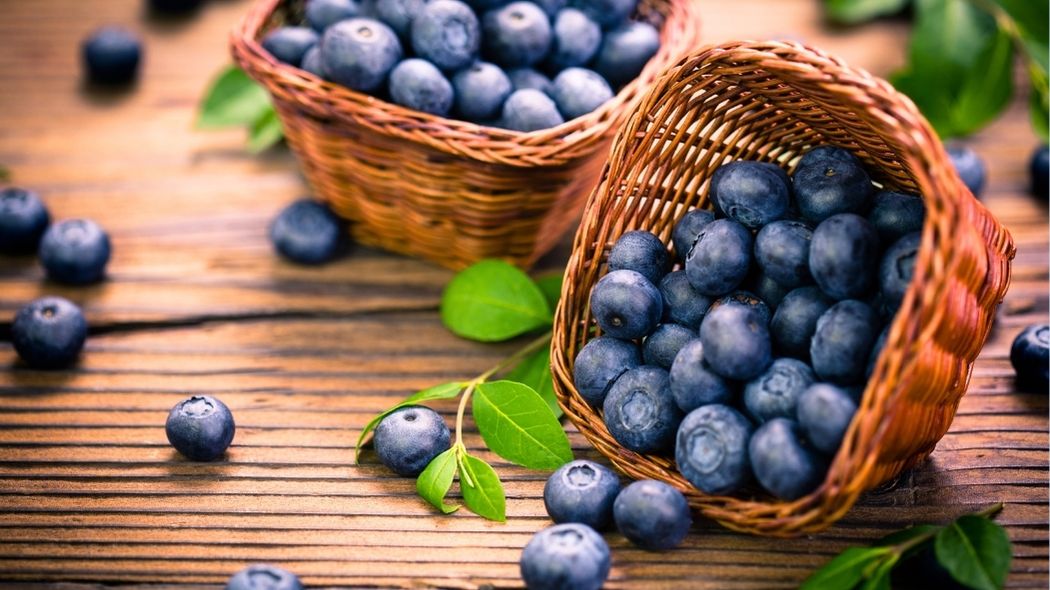
Memory tests conducted on her students who ate blueberries daily for six months showed 25% improvement in recall abilities. Wild varieties contain even higher concentrations of these protective compounds, making them Chen’s top choice when available.
Food #4 – Extra Virgin Olive Oil
Every meal in Chen’s kitchen includes two tablespoons of high-quality extra virgin olive oil, sourced directly from small Mediterranean farms. The polyphenols in this golden liquid act like internal sunscreen, protecting cells from free radical damage that causes wrinkles and age spots.
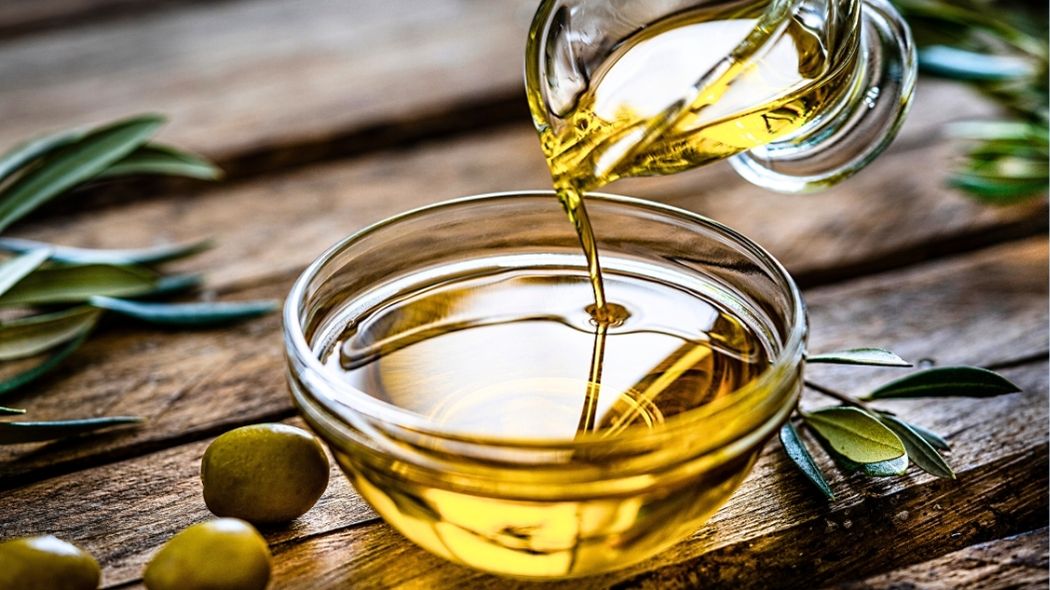
Studies reveal that people consuming olive oil daily have 20% fewer signs of photoaging compared to those using other cooking fats. Chen never heats her olive oil above 350°F to preserve its delicate antioxidant compounds. The oleic acid in olive oil also supports heart health by reducing inflammation in blood vessels.
Food #5 – Dark Leafy Greens (Kale/Spinach)
Massive amounts of folate and nitrates make dark leafy greens Chen’s daily energy boosters. She alternates between organic kale and spinach, consuming at least three cups of raw leaves daily in smoothies or salads.
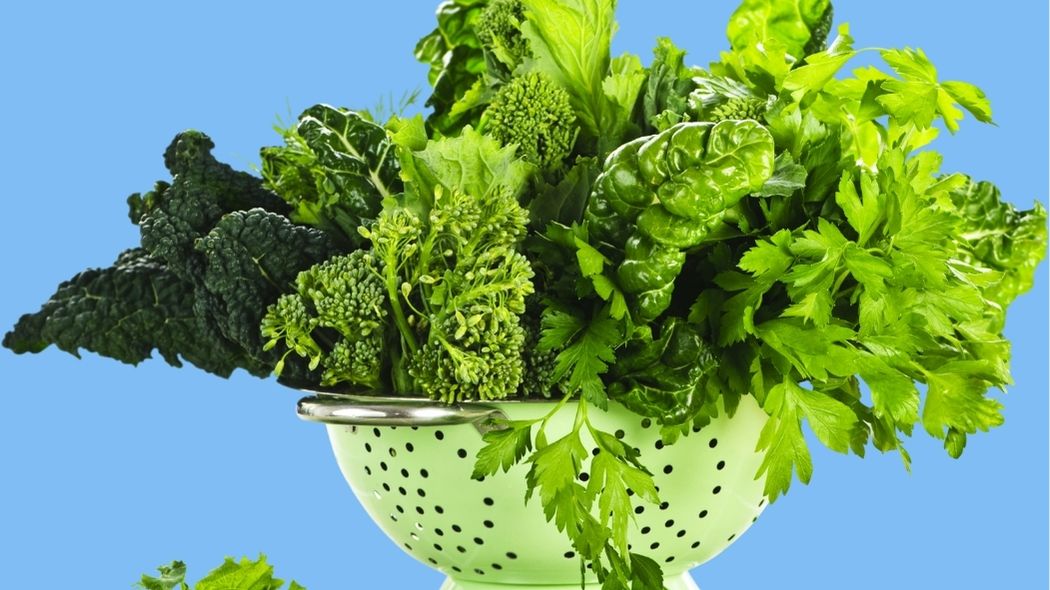
Folate supports DNA repair mechanisms while nitrates improve blood flow to the brain, enhancing cognitive performance within hours of consumption. Research shows people eating leafy greens daily have brains that function 11 years younger than their chronological age. Chen grows her own spinach to ensure maximum freshness and nutrient density year-round.
The Synergistic Effect
Chen discovered that combining these five foods creates biochemical magic that amplifies their individual benefits. The healthy fats from salmon and olive oil increase absorption of fat-soluble vitamins from sweet potatoes and leafy greens by up to 400%.

Blueberry antioxidants work synergistically with salmon’s omega-3s to reduce brain inflammation more effectively than either food alone. The nitrates in leafy greens enhance the cardiovascular benefits of olive oil’s polyphenols.
This food combination activates multiple longevity pathways simultaneously, creating compound anti-aging effects that Chen’s research proves are greater than consuming each food separately.
The Daily Protocol
Chen starts each day with a smoothie containing one cup blueberries, two cups spinach, and one tablespoon olive oil at 7 AM. Lunch features wild salmon (4 oz) with steamed kale at noon, prepared with olive oil and lemon.
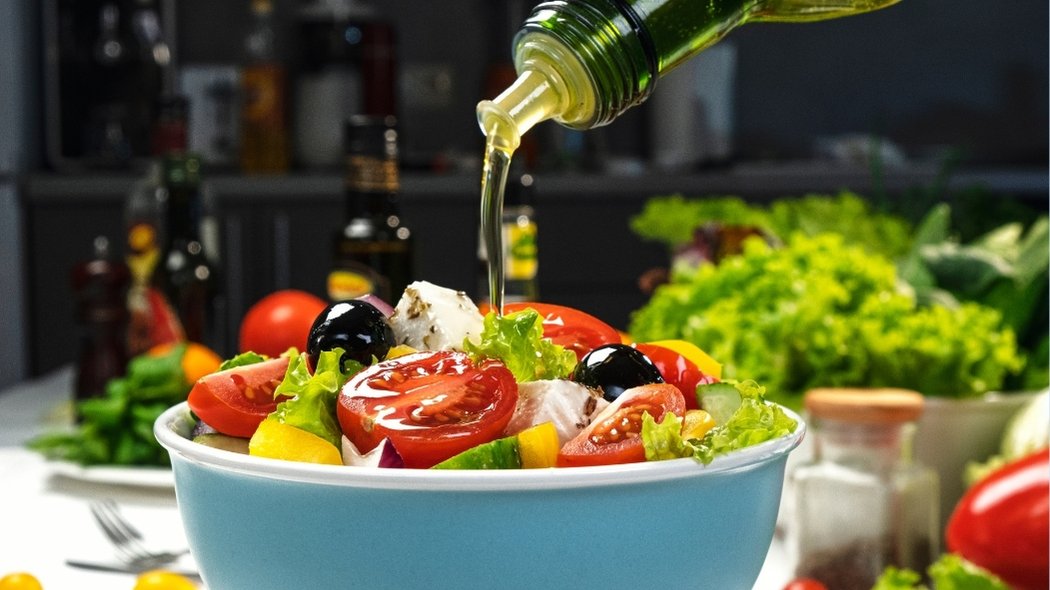
Her afternoon snack at 3 PM consists of one baked Japanese sweet potato with the skin intact. Dinner includes another serving of leafy greens, either raw in salads or lightly sautéed with garlic. She never eats after 7 PM, allowing her digestive system to focus on cellular repair during sleep hours.
The Supporting Cast – 6 Additional Longevity Foods
Walnuts provide plant-based omega-3s that support brain plasticity and reduce cognitive decline by 13% annually. Green tea delivers EGCG, a compound that activates cellular cleanup mechanisms and protects against cancer.

Greek yogurt supplies probiotics that strengthen immune function and produce vitamins in the gut microbiome. Avocados contain monounsaturated fats essential for hormone production and nutrient absorption.
Pomegranates offer punicalagins that reduce arterial inflammation and improve blood flow to vital organs. Dark chocolate (85% cacao) provides flavonoids that enhance memory and protect against heart disease.
The Results and Call to Action
Blood tests confirm Chen’s biological age has reversed 15 years since implementing this protocol two decades ago. Her graduate students who followed her eating plan for one year showed measurable improvements in telomere length, cognitive function, and inflammatory markers.

Dr. Marcus Rivera, her research colleague, lost 30 pounds and eliminated his need for blood pressure medication within six months. Chen encourages readers to start with just one food, adding another every two weeks to allow taste buds and digestive systems to adapt gradually.
The key lies in consistency rather than perfection, as even small changes compound into remarkable transformations over time.
Lastly,
Chen’s remarkable transformation proves that aging doesn’t have to mean declining health or vitality. Her five-food formula represents decades of rigorous scientific research translated into practical, everyday nutrition choices that anyone can implement.
What makes her approach revolutionary isn’t complexity, but simplicity backed by Harvard-level science.

These accessible foods work at the cellular level to repair damage, reduce inflammation, and activate longevity genes naturally.
Chen’s journey from a tired 70-year-old to a vibrant 80-year-old demonstrates that our fountain of youth exists not in mythical waters, but on our dinner plates.
The question isn’t whether this approach works, but whether we’re ready to embrace the commitment required to transform our own aging process.

